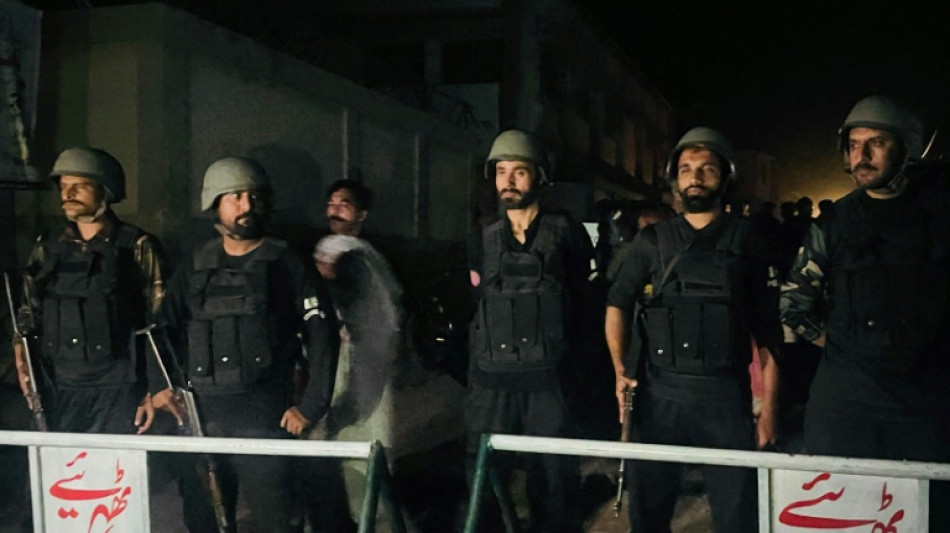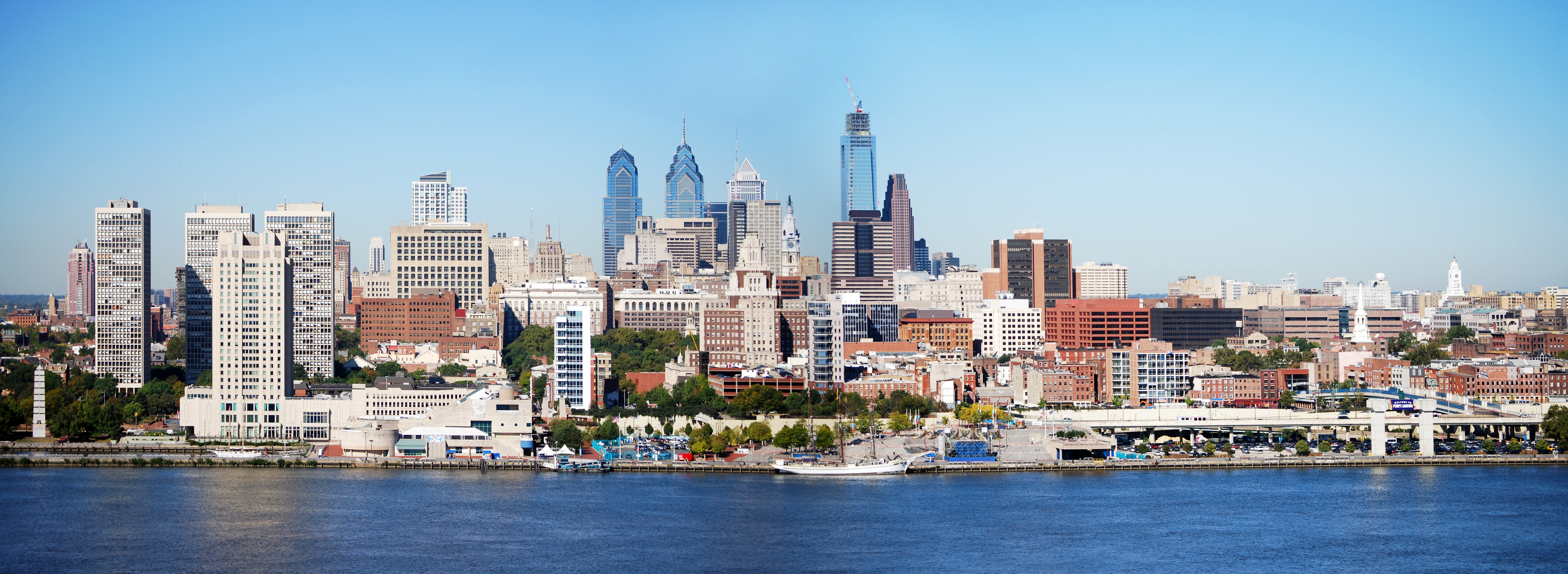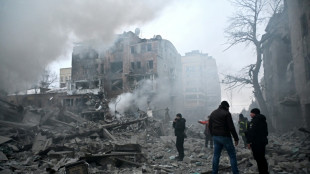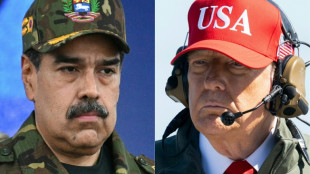

India launches strikes on Pakistan, Islamabad vows to 'settle the score'
India fired missiles at Pakistani territory early Wednesday, killing at least three people, according to Pakistan, which said it had begun retaliating in a major escalation of tensions between the nuclear-armed rivals.
The Indian government said it had attacked nine sites, describing them as "precision strikes at terrorist camps" in Pakistan-administered Kashmir, days after it blamed Islamabad for a deadly attack on the Indian-run side of the disputed region.
Three civilians -- including one child -- were killed in the strikes, which hit at least five locations, Pakistan's Defence Minister Khawaja Muhammad Asif told AFP.
"The retaliation has already started. We won't take long to settle the score," he said, accusing Indian Prime Minister Narendra Modi of launching the strikes to "shore up" his domestic popularity.
Earlier, Pakistan's military said the five locations included three in Pakistan-administered Kashmir and two -- Bahawalpur and Muridke -- in the country's most populous province of Punjab.
AFP correspondents in Pakistani-run Kashmir and Punjab heard several loud explosions.
Shortly after, India accused Pakistan of firing artillery across the Line of Control (LoC), the de facto border in Kashmir, which could also be heard by AFP correspondents in the region.
India had been widely expected to respond militarily to the April 22 attack on tourists in Indian-administered Kashmir last month by gunmen it said were from Pakistan-based group Lashkar-e-Taiba, a UN-designated terrorist organisation.
That assault left 26 people dead, mainly Hindu men, in the tourist hotspot of Pahalgam. No group has claimed responsibility.
New Delhi has blamed Islamabad for backing the attack, sparking a series of heated threats and diplomatic tit-for-tat measures.
Pakistan rejects the accusations, and the two sides have exchanged nightly gunfire since April 24 along the LoC, according to the Indian army. Pakistan also says it has held two missile tests.
Wednesday's strikes are a dangerous heightening of friction between the South Asian neighbours, who have fought multiple wars since they gained independence from the British in 1947.
For days the international community has piled pressure on Pakistan and India to step back from the brink of war.
"The world cannot afford a military confrontation between India and Pakistan," the spokesman for UN chief Antonio Guterres, Stephane Dujarric, said in a statement, adding that Guterres called for "maximum restraint."
Asked about the strikes, US President Donald Trump told reporters in Washington he hopes the fighting "ends very quickly".
India's embassy in Washington said New Delhi's National Security Advisor Ajit Doval had briefed US Secretary of State Marco Rubio after the strikes.
- Explosions near LoC -
The Indian army, in a video posted on its X account after Wednesday's strikes, said "justice is served", with New Delhi adding that its actions "have been focused, measured and non-escalatory in nature".
"No Pakistani military facilities have been targeted," it added. "India has demonstrated considerable restraint in selection of targets and method of execution".
Pakistani Prime Minister Shehbaz Sharif, calling the Indian attack "unprovoked" and "cowardly", said the "heinous act of aggression will not go unpunished."
Indian fighter jets could be heard flying over Srinagar, the capital of Indian-administered Kashmir.
Loud explosions could also be heard in the town of Poonch, only about 10 miles (16 kilometres) from the LoC.
Rebels in Indian-administered Kashmir have waged an insurgency since 1989, seeking independence or a merger with Pakistan.
India regularly blames its neighbour for backing armed groups fighting its forces in Kashmir, a charge that Islamabad denies.
Iranian Foreign Minister Abbas Araghchi is expected in New Delhi on Wednesday, two days after a visit to Islamabad, as Tehran seeks to mediate.
India was also set to hold several civil defence drills Wednesday, while schools in Pakistan's Punjab were closed, local government officials said.
The strikes came just hours after Modi said that water flowing across India's borders would be stopped. Pakistan had warned that tampering with the rivers that flow from India into its territory would be an "act of war".
Modi did not mention Islamabad specifically, but his speech came after New Delhi suspended its part of the 65-year-old Indus Waters Treaty, which governs water critical to Pakistan for consumption and agriculture.
"India's water used to go outside, now it will flow for India," Modi said in a speech in New Delhi.
burs-st/aha
J.Wilson--PI


